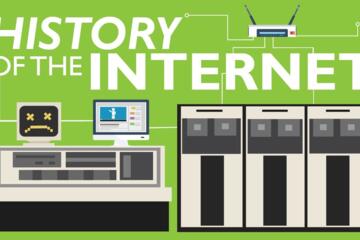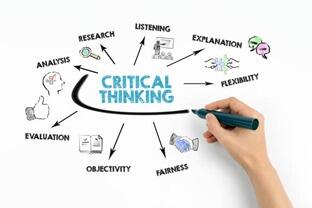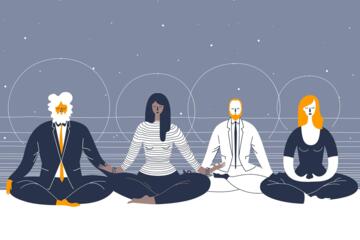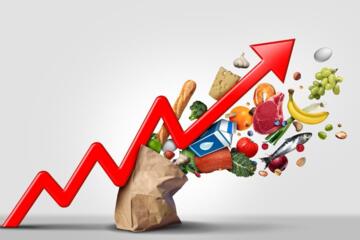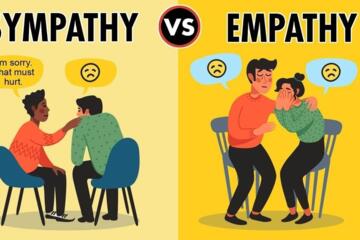What Exactly Is Climate Change?
At its core, climate change refers to long-term shifts in temperatures and weather patterns. While climate has always varied naturally over time, the current changes are happening at an unprecedented pace—and human activity is the main driver.
When we burn fossil fuels like coal, oil, and gas, we release greenhouse gases (GHGs) like carbon dioxide (CO₂) and methane into the atmosphere. These gases trap heat, causing the Earth’s average temperature to rise—a phenomenon commonly referred to as global warming. But climate change is more than just heat.
It also means:
-
Changing rainfall patterns
-
More frequent and intense extreme weather events
-
Melting glaciers and rising sea levels
-
Shifts in wildlife behavior and ecosystems
So, while “global warming” is a piece of the puzzle, “climate change” is the bigger picture.
Why Does It Matter?
The short answer: because it affects everything—your food, your health, your safety, and your economy.
1. More Extreme Weather
From blistering heat waves to devastating hurricanes and floods, climate change is supercharging the weather. Warmer air holds more moisture, which can lead to heavier rainfall and stronger storms.
Real-world example: In recent years, wildfires have destroyed homes across California and Greece, while floods in Pakistan displaced millions of people. These events aren’t isolated—they’re becoming the new normal.
2. Threats to Food and Water Supply
Changing temperatures and unpredictable weather make farming harder. Crops fail during droughts or floods. Fish stocks move to colder waters. Freshwater becomes scarcer.
This means food prices can rise—and basic necessities may become harder to access in some areas.
3. Health Impacts
Climate change affects public health in surprising ways:
-
Heatwaves increase the risk of dehydration, heat stroke, and death.
-
Poor air quality worsens asthma and respiratory issues.
-
Rising temperatures help spread diseases carried by insects (like malaria and dengue).
4. Rising Sea Levels
As glaciers and polar ice melt, sea levels rise—putting coastal cities and island nations at risk. Millions of people may be forced to relocate, leading to climate-related migration and global instability.
5. Biodiversity Loss
Animals and plants are struggling to adapt to rapidly changing environments. Coral reefs are bleaching. Polar bears are losing hunting grounds. Entire ecosystems are being disrupted.
And we rely on these ecosystems more than we realize—for clean air, water, food, and even medicines.
What Can We Do About It?
The good news? There are solutions—and everyone can play a part. Climate change is a huge challenge, but it’s not hopeless.
1. Reduce Your Carbon Footprint
Small daily choices can add up:
-
Drive less, walk or cycle more
-
Use public transportation or carpool
-
Switch to energy-efficient appliances
-
Eat more plant-based meals
-
Avoid single-use plastics
Pro Tip: Try a “meatless Monday” or switch to LED bulbs. Easy, low-cost, and effective.
2. Support Clean Energy
Where possible, choose electricity from renewable sources like solar or wind. If that’s not available where you live, you can support companies and policies that push for cleaner energy.
3. Use Your Voice (and Your Vote)
Individual action matters—but collective change matters more. Support climate-conscious leaders, policies, and companies. Talk to friends and family. Spread awareness.
Your voice can help shift priorities at local, national, and global levels.
4. Protect Natural Spaces
Forests and oceans absorb massive amounts of carbon. Support reforestation efforts, beach clean-ups, or local conservation groups. If you have a backyard, even planting a tree makes a difference.
Busting a Few Climate Myths
Let’s clear up some common misunderstandings:
-
“It’s just natural cycles.” Natural variations do exist, but the current warming trend is far beyond anything seen in thousands of years—and it aligns exactly with human industrial activity.
-
“It’s cold today, so global warming is fake.” Weather is day-to-day. Climate is the long-term average. A snowstorm doesn’t mean the planet isn’t warming overall.
-
“We can’t stop it anyway.” Not true. Every fraction of a degree we avoid matters. Preventing 1.5°C of warming is better than hitting 2°C or more. It's a spectrum—not all or nothing.
Conclusion: Why You Should Care—and Act
Climate change isn’t some far-off future threat. It’s happening now, and it’s already reshaping the world around us. But by understanding what it is and why it matters, you’re already taking the first step toward making a difference.
You don’t have to be perfect. You just have to start.
Because when millions of people take small, smart steps—and push for bigger systems to change—the result is powerful.
So the next time someone asks “what’s the big deal about climate change?”, you’ll have the answer. And more importantly, you’ll know what to do about it. 🌍


